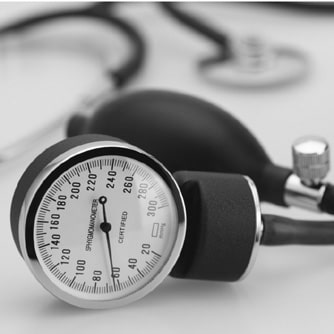At-home (ambulatory) blood pressure monitoring is a readily accessible method for health assessment. William B. White, from the University of Connecticut School of Medicine (Connecticut, USA), and colleagues, evaluated 72 men and women, ages 75 to 89 years, who underwent 24-hour at-home blood pressure monitoring. The process revealed statistically significant white matter hyperintensities – lesions of the brain associated with cognitive decline – as compared with clinic blood pressure measurements. Further, the changes in home blood pressure monitoring were more closely associated with changes in functional parameters, including nonsignificant changes for walking time, and tests that measured the speed of visual search, attention, mental flexibility, and motor function. Submitting that: “These data demonstrate for the first time the importance of 24-hour systolic [blood pressure] in the progression of brain white matter hyperintensity volume burden associated with impairment of cognitive function in older people,” the study authors urge that: “The 24-hour systolic [blood pressure] may be a potential target for intervention in the elderly to reduce vascular disease of the brain and impairment of function.”
At-Home Blood Pressure Monitoring Helps to Spot Cognitive Decline
William B. White, Leslie Wolfson, Dorothy B. Wakefield, Charles B. Hall, Patrick Campbell, Nicola Moscufo, et al. “Average Daily Blood Pressure, Not Office Blood Pressure, Is Associated With Progression of Cerebrovascular Disease and Cognitive Decline in Older People.” Circulation. 2011;124:2312-2319,
RELATED ARTICLES




